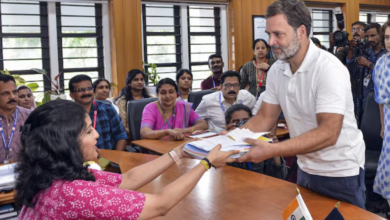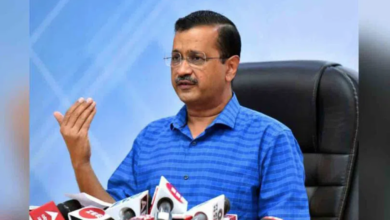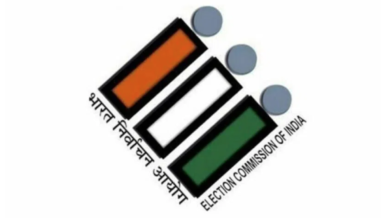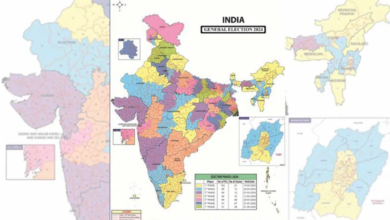‘Not here to please you’: Supreme Court raps lawyer, junks PIL seeking uniform age of marriage for men and women
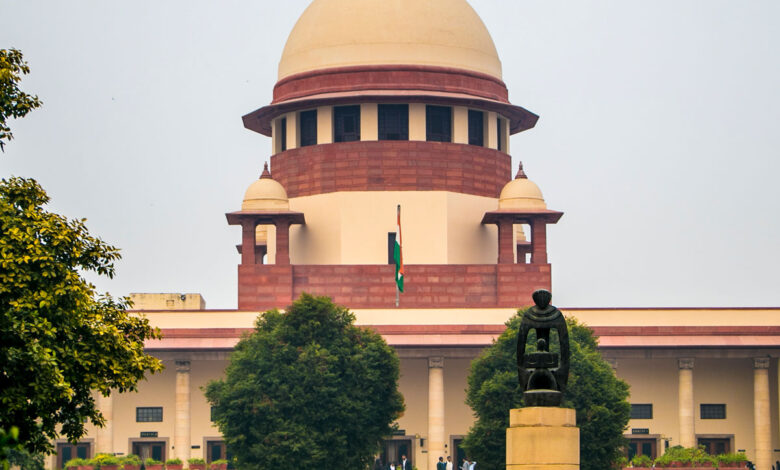
The Supreme Court today came down heavily on advocate Ashwini Upadhyay while dismissing his PIL seeking that the age of marriage be raised from 18 to 21 for women to bring it at par with the legal age of marriage for women.
The petition, listed before a bench comprising Chief Justice of India DY Chandrachud, Justice PS Narasimha, and Justice JB Pardiwala, argued that the distinction between the minimum age of marriage between men and women was arbitrary and violative of Articles 14, 15 and 21 of the Constitution.
The top court, however, dismissed the petition and pointed out that the change being sought by the petitioner requires legislative amendment which falls under the ambit of the Parliament. “This court cannot issue a mandamus for Parliament to legislate. We decline this petition, leaving it open to the petitioner to seek appropriate directions,” CJI Chandrachud said.
In 2021, the Centre introduced a Bill in Parliament to raise the age of marriage for women to 21. The Bill was referred to a parliamentary standing committee where it is pending approval.
What irked the Supreme Court?
The petition before the Supreme Court was transferred from the Delhi High Court where the matter was pending. Pointing out the same, Upadhyay asked, “What was the point of transferring this to the Supreme Court?” According to Live Law, the question irked the top court which then came down heavily upon him.
Fortunately, our legitimacy doesn’t depend on what you feel about us. We don’t want your gratuitous comments on what you feel about us. We’re here to do our constitutional duty, not here to please you. Nor are we here to please any polity. So don’t you give us your gratuitous comments on how you feel for us. You’re a member of the bar, argue before us. This is not a political forum,” the CJI remarked, according to Live Law.
The CJI further advised Upadhyay to desist from “making a mockery” of Article 32. “There are some matters which are reserved for the parliament. We must defer to the parliament. We can’t enact law here. We should not perceive that we are the exclusive custodian of the Constitution. Parliament is also a custodian,” the CJI observed, dismissing the plea.

